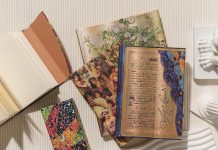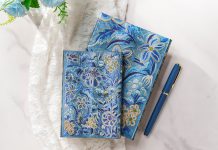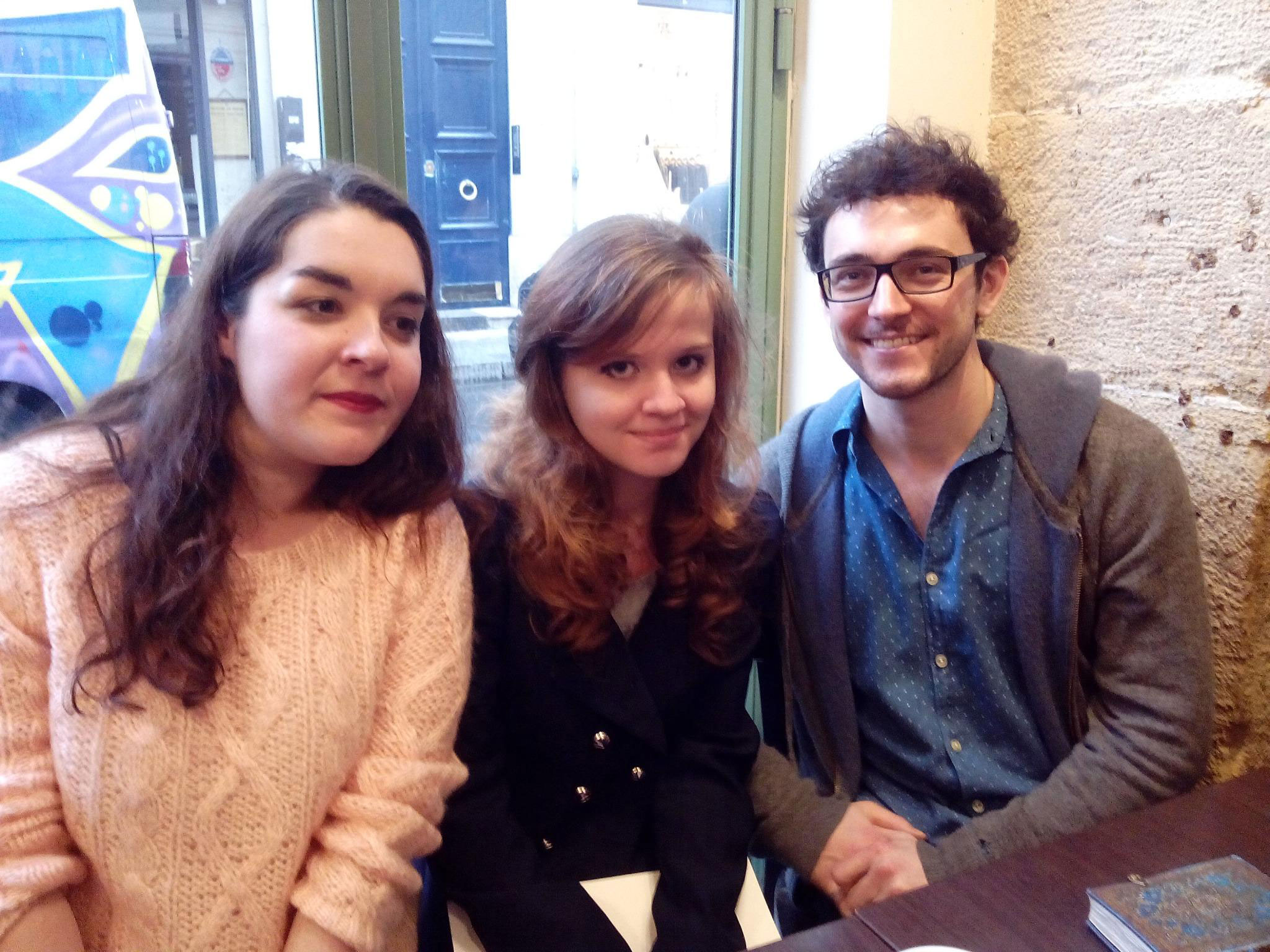We all know about Andy Warhol’s muse (Edie Sedgwick) or Hubert de Givenchy’s (Audrey Hepburn), but it’s not only those involved in the visual arts who can be so inspired by the people in their lives that they dedicate entire works (or series of work) to that person. In fact, the concept of the muse inspiring the writer goes back to some of the earliest written works known to us: Homer’s Odyssey and Virgil’s Aeneid.
Odyssey, Book I
“Sing to me of the man, Muse, the man of twists and turns
driven time and again off course, once he had plundered
the hallowed heights of Troy.”
(Robert Fagles translation, 1996)
Aeneid, Book I
“O Muse! the causes and the crimes relate;
What goddess was provok’d, and whence her hate;
For what offense the Queen of Heav’n began
To persecute so brave, so just a man…”
(John Dryden translation of Book I, 1697)
In a previous Endpaper post we looked at the nine classic muses referenced in those works, asking “Which Grecian Muse is the Right One to Inspire You?” But times have changed since Homer’s day and the ancient muses’ specialties have not entirely carried over to our modern age (unless, you know, you are really into lyre music).
So who can contemporary writers turn to when seeking inspiration? These five (relatively modern) examples prove that finding a certain je ne sais quoi often means looking no further than your own dating history.
1) Jeanne Duval
Muse of: Charles Baudelaire
Her Influence: Duval, a Haitian-born actress and dancer, symbolised to Baudelaire the dangerous beauty, sexuality and mystery of women. He called her his “mistress of mistresses” and paid her homage in poems such as “Le balcon,” “Parfum exotique,” “La chevelure,” “Sed non satiata,” “Le serpent qui danse” and “Une charogne.” In fact, so clear was her hold over Baudelaire that Édouard Manet painted her in his 1862 artwork Baudelaire’s Mistress, Reclining.
“Jeanne Duval” by Édouard Manet – http://en.wikipedia.org/wiki/Image:Jeanne_Duval.JPG. Licensed under Public Domain via Commons.
2) Zelda Fitzgerald
Muse of: F. Scott Fitzgerald
Her Influence: It seems obvious that a man would be inspired by his wife, but in fact Zelda was influencing F. Scott’s writing even before she became Mrs. Fitzgerald. When the two first met, Fitzgerald was working on This Side of Paradise and became so fascinated by Zelda that he completely altered the character of Rosalind to resemble her. Her power over him would continue, for good or bad, throughout their marriage and was so notorious that the rock band the Eagles wrote “Witchy Woman” in part about her.
3) Neal Cassady
Muse of: Jack Kerouac
His Influence: A major figure of the Beat Generation in his own right, Cassady has the distinction of inspiring not one but two different characters in the same story. The original version of Kerouac’s On the Road had Cassady himself as a primary character, while the published 1957 version starred Sal Paradise, the narrator, and his friend Dean Moriaty. It seems fitting that Moriarty, the catalyst for Sal’s travels and a freespirited “muse” in the story, was inspired by Kerouac’s real-life friend Cassady. Besides his starring role in Kerouac’s best-known work, he is also credited with guiding Kerouac toward his signature fluid writing style.
4) Beatrice Portinari
Muse of: Dante Alighieri
Her Influence: We said these were “relatively modern” examples for a reason. Though Dante’s writings, inspired by Portinari, date back to the 1200s, this muse is still quite contemporary compared to those who inspired Homer and Virgil! Though promised to another woman, Dante always claimed he fell in love with Beatrice at first sight and his lifetime of poetry dedicated to her attests to that. From her first appearance in La Vita Nuova to Beatrice the guide in the Divine Comedy, the influence of Beatrice is inescapable in his work and their relationship, like that of Baudelaire and Duval, has inspired countless works of art in their honour.

“Dante and Beatrice” by Henry Holiday – Unknown. Licensed under Public Domain via Commons.
5) Maud Gonne
Muse of: W.B. Yeats
Her Influence: Gonne and Yeats shared a nearly twenty-year platonic friendship before a night of passion resulted in its consummation. For Gonne, it was a one-time moment of passion, but for Yeats it was the culmination of years’ worth of infatuation and devotion. Over the course of their friendship he wrote volumes of verse in her honour, but after she broke his heart once and for all he moved on emotionally and creatively, famously saying “the tragedy of sexual intercourse is the perpetual virginity of the soul.”





